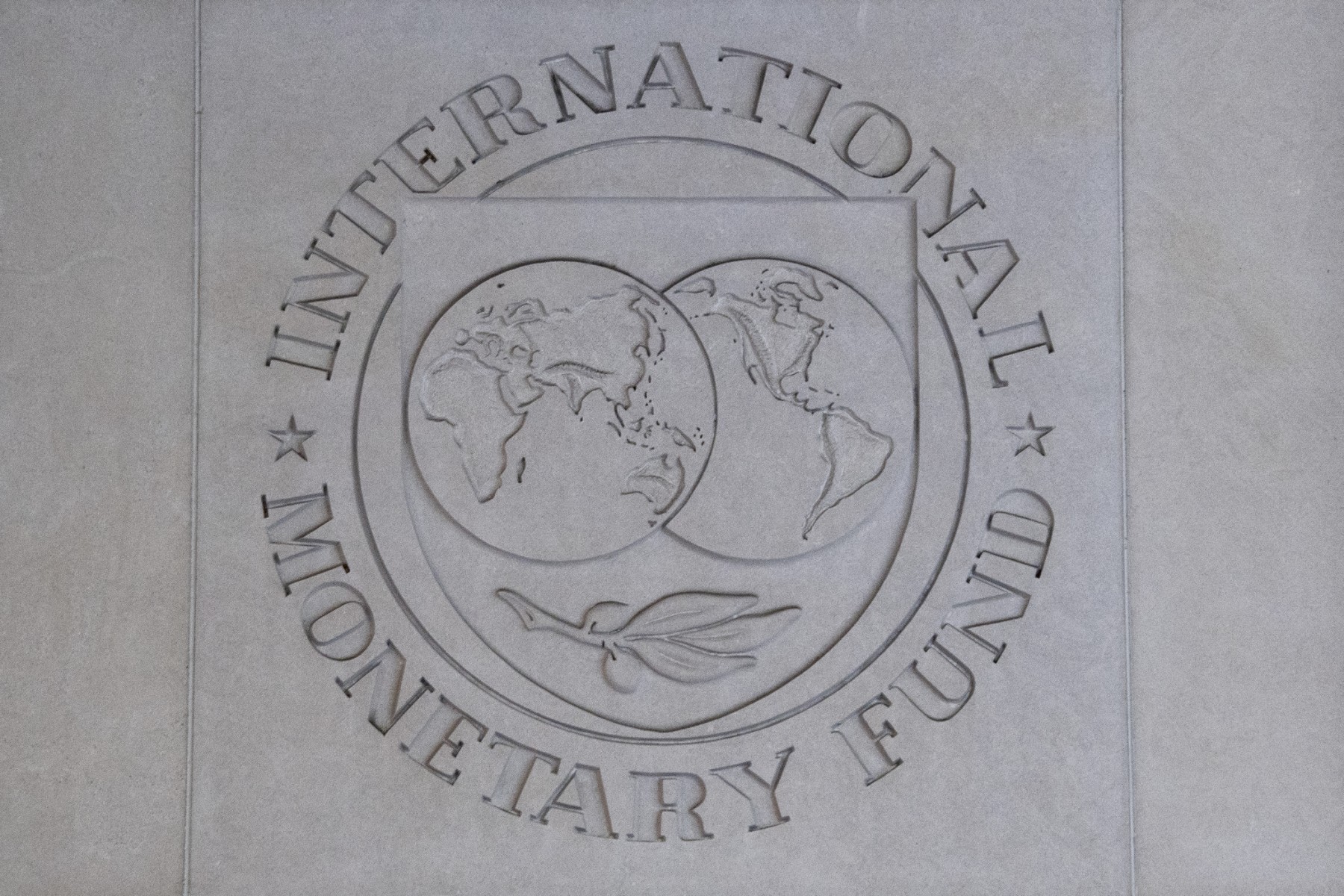Doha, Qatar – International Monetary Fund chief Kristalina Georgieva said Wednesday that protracted domestic wrangling over the US debt ceiling was “unnecessary” for the world economy but should be settled.
Georgieva also told the Qatar Economic Forum that central banks must keep interest rates high to tame inflation but there should be improvement in 2024.
International markets have been unnerved by the battle between US President Joe Biden and opposition Republicans on US borrowing limits with an early June deadline looming.
Some Republicans have questioned whether a quick agreement with the US administration is necessary to avert a painful default.
“History tells us that the US wrestles with this notional default,” Georgieva said referring to past US showdowns over spending limits.
“At the 11th hour, it gets resolved and I have confidence we will see this play.”
But she added that the Washington drama was “unnecessary for a world economy that is in such high uncertainty”.
“We always have to be mindful that the risk is there.”
Georgieva said headline inflation in many countries was “peaking” because of central banks raising interest rates but “core inflation, primarily because of very stubborn food prices is still not trimming down the way it should”.
“Central banks have to stay the course, because, if they move back on interest rates prematurely, then tension may become a problem for growth for a longer period of time,” she said.
“Interest rates are high, they will stay high for longer, but we are expecting 2024, early 2025, the picture to change.”

